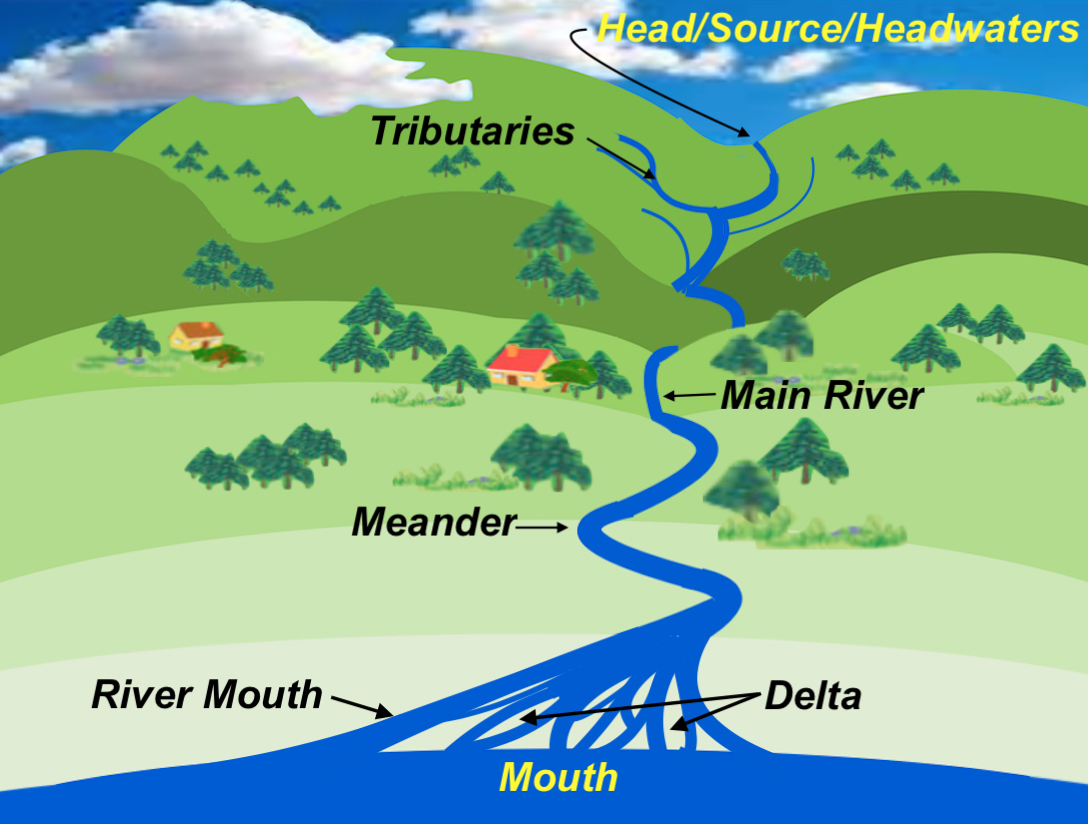In SN1.1, a female deva asked the Buddha how he crossed over the flood (go beyond samsara). The Buddha give an interesting reply. He said he did not stay still nor did he push forward and by so doing crossed over the flood.
It is the attachment to the body and the five senses (i.e. the five aggregates) with the accompanying pleasures and displeasures that characterized the flood or samsara as we know it. During the time of the Buddha, some renunciants realize that the attachment to sensual pleasure eventually caused suffering when the object of attachment is gone or when an object of aversion invades the senses. So, they tried to deny themselves any sensual delight through strict ascetism. They were under the impression that this form of self-torture would win them liberation from both pleasure and pain.
But the Buddha realized that going with the flow (what the world has to offer) or against the flow (denying and resisting everything that the world has to offer) was never going to be the solution. The root of the problem was always the mind and its attachments. To address these attachments, we have to recognize the value that we assign to the objects of attachment. When we see that these objects (e.g. wealth, fame, gain and pleasures) are inherently problematic (does not endure, is not-self or within our control and comes with lots of drawbacks), their perceived value began to drop. When their perceived value falls, our attachment too begin to diminishes.
This practice is an active process that happens with each waking moment. If we don’t actively see how our perceptions, feeling, thoughts and consciousness react in each contact and after every encounter with the world, we will passively revert to our habitual assigning of likes and dislikes, flowing along or against i.e. assigning perceived value without awareness. Perhaps this passive, habitual way of perceiving, feeling and thinking is what the world called free will. But will it lead to liberation of the mind? Or is it instead making us creatures of habits and fools?
Forcing the mind to actively examine and re-examine what is worthy and unworthy of attaching seems like going against the flow. But it is on the basis that there is something better and more worthy than anything the world has to offer. Is this true? Ehipassiko.
